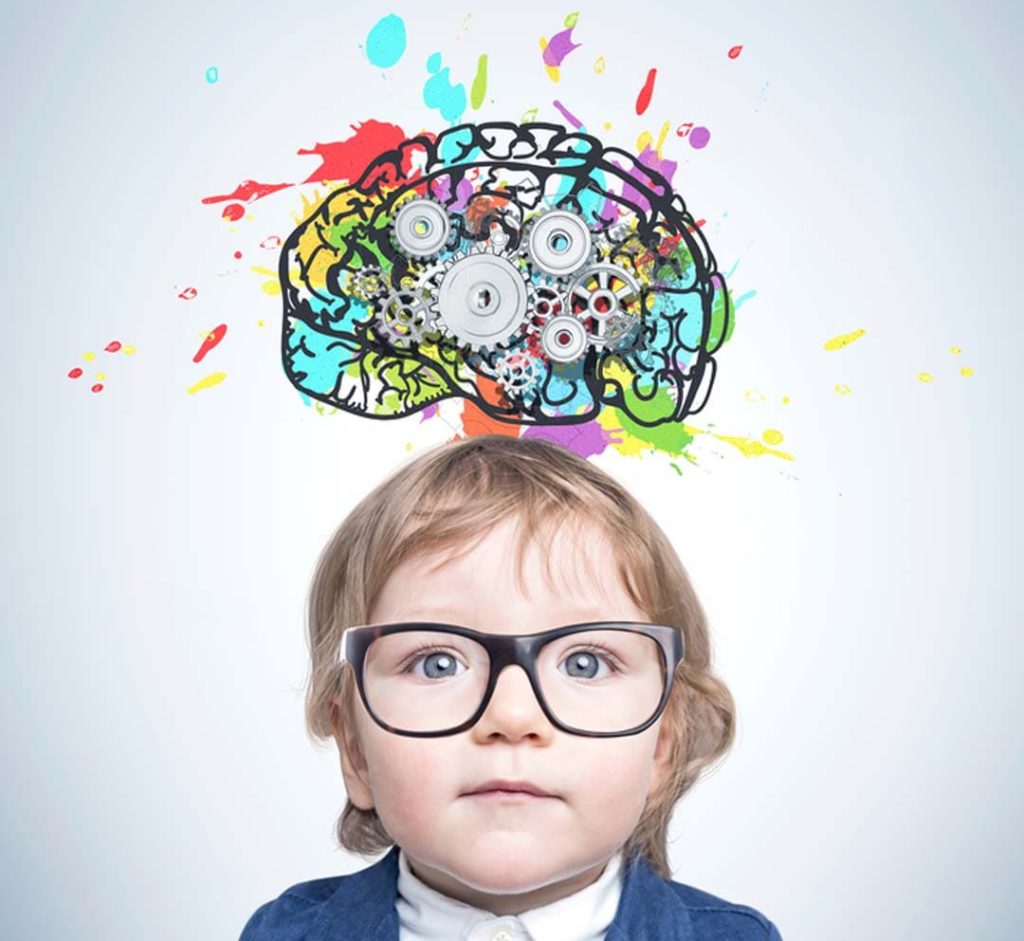Attention Deficit Hyperactivity Disorder (ADHD) is a condition that affects many school-aged children in the United States. Identifying the signs of ADHD can be challenging, but it is a crucial step in ensuring that your child receives the necessary support to thrive. In this article, we will explore the symptoms, causes, and best practices for identifying and managing ADHD in children.
Understanding ADHD is fundamental to helping your child reach their maximum potential. With clear information and practical guidance, you will be better prepared to face this journey with confidence.
If you are concerned about your child’s behavior and want to know if they may have ADHD, continue reading to learn more about the signs, diagnosis, and how to provide the best support possible.
What is ADHD?
Attention Deficit Hyperactivity Disorder (ADHD) is a neurological disorder that affects children and adults, characterized by persistent symptoms of inattention, hyperactivity, and impulsivity. These characteristics can significantly impact children’s academic, social, and family performance.
ADHD is usually diagnosed in school-aged children when the symptoms begin to noticeably interfere with their daily activities. Although the exact cause of ADHD is not fully understood, it is believed that genetic, environmental, and neurological factors play a significant role.

Symptoms of ADHD
The symptoms of ADHD can vary from child to child, but generally include:
- Inattention: Difficulty maintaining focus, following instructions, and completing tasks. Children with ADHD may seem not to be listening when spoken to directly.
- Hyperactivity: Excessively active behavior and inability to stay still. This can manifest as fidgeting, difficulty remaining seated, and constant motor activities.
- Impulsivity: Acting without thinking about the consequences. Impulsive children may interrupt others, have difficulty waiting their turn, and make hasty decisions.
These symptoms should be observed in multiple settings, such as at home and school, and must persist for at least six months for an ADHD diagnosis to be considered.
Causes and Risk Factors
While the exact cause of ADHD is not completely known, research indicates that a combination of genetic, environmental, and neurological factors may contribute to the development of the disorder. Here are some of the most common risk factors:
- Genetics: Studies show that ADHD tends to run in families, suggesting a strong genetic influence. If one or both parents have ADHD, there is a higher likelihood that their children will also develop the disorder.
- Environmental Factors: Exposure to toxic substances during pregnancy, such as alcohol, tobacco, and drugs, can increase the risk of ADHD. Other factors include lead exposure and low birth weight.
- Neurological Development: Changes in brain development, especially in areas responsible for attention and impulse control, are often observed in children with ADHD.
Diagnosing ADHD
The diagnosis of ADHD is a detailed process that involves gathering information from various sources, including parents, teachers, and healthcare professionals. Here is a summary of how the diagnosis is generally made:
- Clinical Evaluation: A doctor or psychologist conducts a comprehensive evaluation that includes an interview with the parents and the child, as well as a review of the medical and behavioral history.
- Questionnaires and Rating Scales: Tools such as the Conners’ Rating Scale or the Vanderbilt ADHD Diagnostic Rating Scale are used to measure the frequency and intensity of symptoms.
- Observations in Different Settings: ADHD symptoms must be present in at least two different settings, such as home and school. This helps ensure that the behaviors are not the result of a specific environment.
- Exclusion of Other Conditions: Conditions such as anxiety, depression, and learning difficulties can present symptoms similar to those of ADHD. The healthcare professional will rule out these conditions before confirming an ADHD diagnosis.
Treatment and Management
ADHD can be successfully managed through a combination of treatments and strategies. Here are some of the most effective approaches:
- Medication: Stimulant medications, such as methylphenidate and amphetamines, are often prescribed to help improve attention and reduce hyperactivity and impulsivity. Non-stimulant medications are also available and may be effective for some children.
- Behavioral Therapy: Behavioral therapy helps children develop organizational, time management, and impulse control skills. Parents can also learn techniques to support and encourage positive behaviors.
- Educational Interventions: Adjustments in the school environment, such as extra time to complete tasks, preferential seating, and the use of visual aids, can help children with ADHD succeed academically.
- Family Support: Participating in support groups and family therapy can provide parents with the tools and emotional support needed to help their children.

How to Support Your Child
Supporting a child with ADHD can be challenging, but there are many practical strategies that parents can use to help their children thrive. Here are some helpful tips:
- Establish Clear Routines: Children with ADHD benefit from structured daily routines that help minimize distractions and maintain focus.
- Use Positive Reinforcement: Praise and reward positive behaviors to encourage the repetition of those behaviors.
- Break Tasks into Smaller Steps: Large tasks can be overwhelming. Break them into smaller, more manageable steps to help your child complete tasks successfully.
- Maintain Open Communication with the School: Work closely with teachers and school staff to ensure that your child receives the necessary support in the school environment.
FAQs
- Can ADHD be diagnosed in young children? Yes, ADHD can be diagnosed in young children, usually starting at age 4. However, it is more common for the diagnosis to be made during school age when symptoms become more apparent.
- Does ADHD go away with age? While some symptoms of ADHD may diminish over time, many individuals continue to experience symptoms in adolescence and adulthood. Continuous treatment and management can help cope with these symptoms throughout life.
- Can diet affect ADHD? Some research suggests that certain food additives and sugar intake may exacerbate ADHD symptoms in some children. However, the relationship between diet and ADHD is not fully understood and varies from child to child.
- Does my child need to take medication for ADHD? The decision to use medication should be made in conjunction with a healthcare professional. Medications can be effective for many children, but they are not the only treatment option. Behavioral therapies and educational interventions can also be very helpful.
- How can I help my child concentrate better on tasks? Establishing a calm and distraction-free environment, using task lists and visual schedules, and providing frequent breaks can help your child maintain focus on tasks.
Conclusion
Identifying and managing ADHD may seem like a challenging task, but with the right support and information, parents can help their children thrive. By understanding the symptoms, causes, and treatment options, you are well-equipped to provide the best support possible for your child. Remember, you are not alone in this journey. Seek support from healthcare professionals and support groups to find the best strategies for your family.
We hope this guide has provided valuable and practical information. If you believe your child may have ADHD, do not hesitate to seek a comprehensive evaluation from a healthcare professional. Continue reading to learn more and discover additional resources that can help you navigate this journey with confidence.



